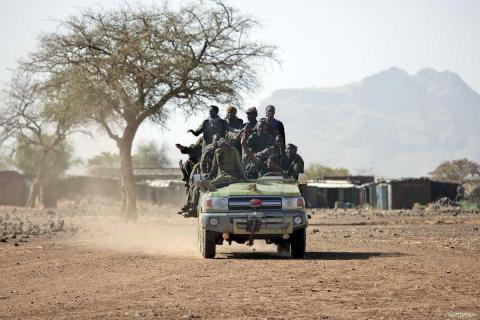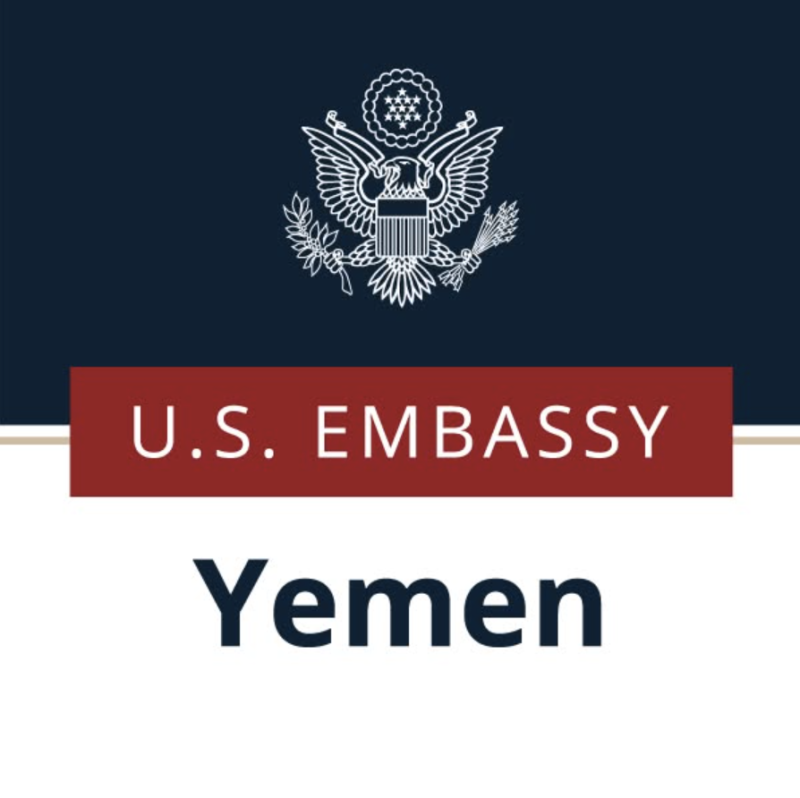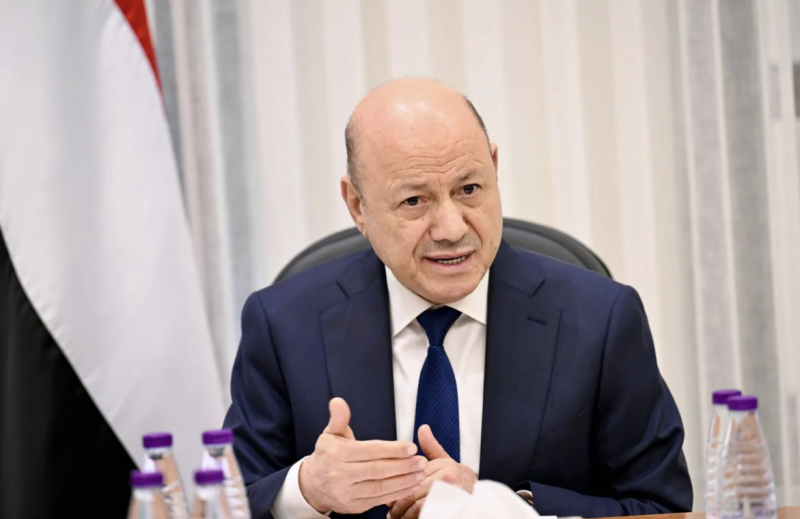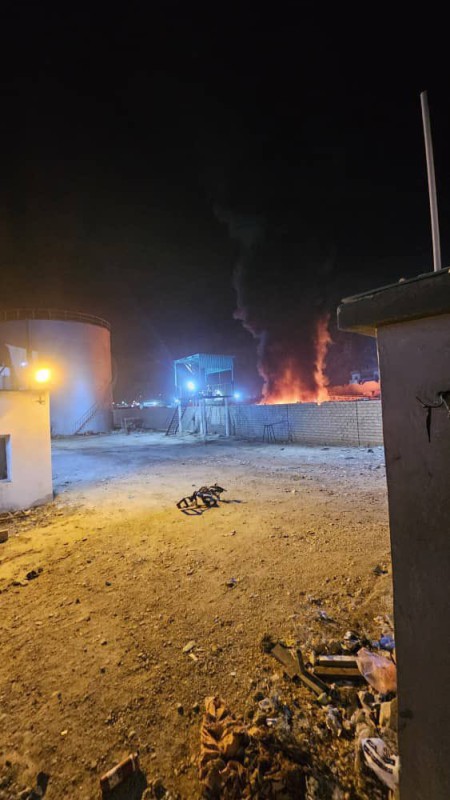Yemen FM says seated next to Netanyahu in 'error'


Yemen's top diplomat said a "protocol error" landed him next to Israeli Prime Minister Benjamin Netanyahu at a conference in the Polish capital Warsaw and that his country's stance on the Palestinian issue remained unchanged.
"Protocol errors are the responsibility of the organisers, as is always the case in international conferences," Foreign Minister Khaled al-Yamani wrote on Twitter late Thursday.
Yamani was already seated when Netanyahu took his place on Thursday at an international conference in Warsaw focused on security in the Middle East.
The two nodded at each other and exchanged brief smiles as Netanyahu sat down.
During a part of the session closed to the press, Yamani later lent Netanyahu his microphone when the Israeli premier's audio equipment did not work properly.
US President Donald Trump's Middle East peace envoy Jason Greenblatt hailed the exchange on Twitter, calling it a "lighthearted moment" that could be the sign of "new cooperation" between the Jewish and Arab states.
Yemen and Israel have never had diplomatic relations, and Yamani's friendly interaction with Netanyahu drew criticism online and from his government's opponents.
"The stance of Yemen and President (Abedrabbo Mansour) Hadi on the Palestinian issue and its people and leadership is firm," Yamani insisted.
He said Yemen attended the Warsaw conference not to discuss the Israeli-Palestinian conflict "but to mobilise the international community to confront the Iranian expansion in Yemen".
Its participation was also "part of the battle to restore" the internationally-recognised government, which is at war with Iran-backed Huthi rebels, Yamani added.
The Huthis late Thursday issued a statement "rejecting all attempts to normalise" relations with Israel "at the expense of Arab and Islamic causes, primarily the Palestinian cause".
Yamani's participation alongside Netanyahu revealed the "moral bankruptcy" of Yemen's government "and its sponsors in Riyadh and Abu Dhabi", the rebels said.
The war between the Huthis and pro-government troops escalated in March 2015, when President Hadi fled into exile in Riyadh and a Saudi-led military coalition that includes the United Arab Emirates intervened against the rebels.
Around 10,000 people - mostly civilians - have been killed and more than 60,000 wounded in the conflict, according to the World Health Organization.
Human rights groups say the real figure could be five times as high.
Netanyahu called the Warsaw meeting a "historical turning point", saying Israel and Arab states that attended had stood united against Iran.
He also said he hoped that cooperation could extend to other areas.
Top officials from Saudi Arabia, the UAE and Bahrain - none of which recognise Israel - sat down with Netanyahu for dinner Wednesday.
Israel only has diplomatic relations with two Arab states, neighbouring Egypt and Jordan.
AFP.

Washington – The United States has voiced concern over recent developments in southeastern Yemen, stressing the importance of avoiding any st…

Riyadh --  Yemen’s Presidential Leadership Council Chairman, Rashad al-Alimi, announced on Tuesday a nationwide state of emergency, effe…

 Mukalla – The Saudi-led Arab Coalition has requested the immediate evacuation of civilians from Mukalla Port in Hadramout province.&nbs…